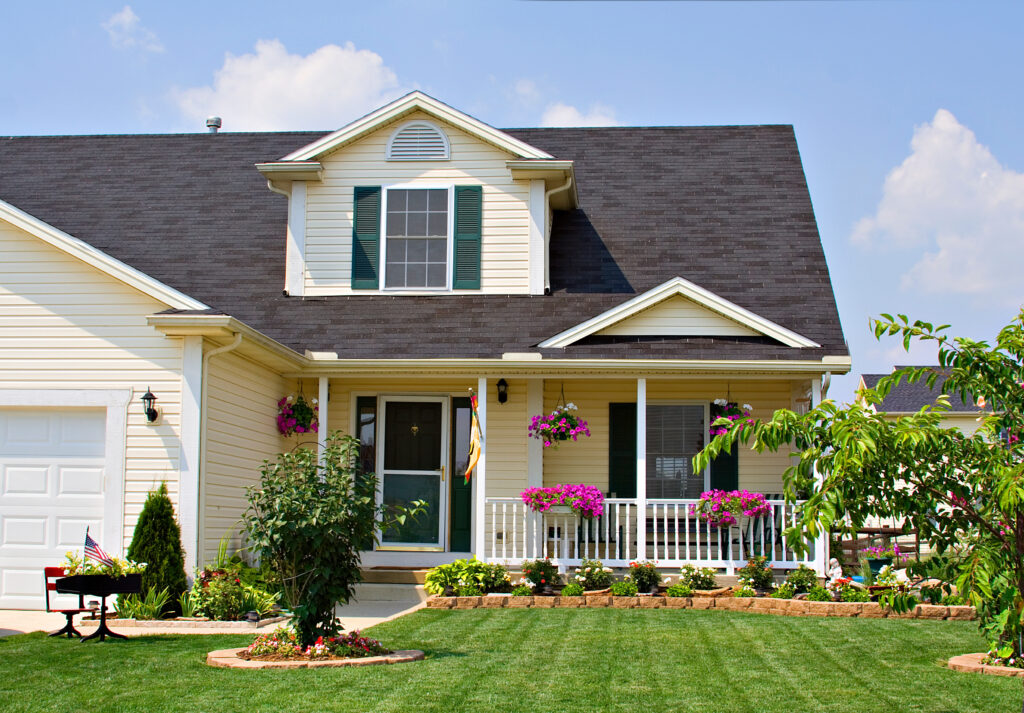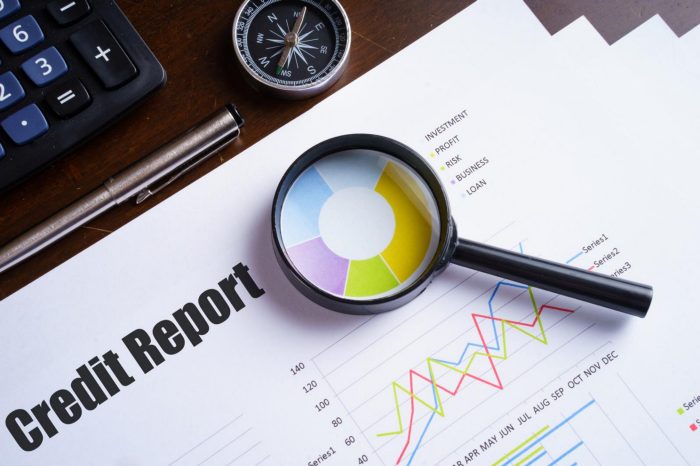Table of Contents
Smart Ways to Tap Into Your Homes Equity
Rising home values have increased homeowners’ access to equity, offering a chance to turn part of that value into cash. Home equity is the difference between your home’s market value and what you owe on your mortgage. You can tap into it through several options such as a cash-out refinance, home equity loan, home equity line of credit (HELOC), or a reverse mortgage for those 62 and older (with some reverse loan options for borrowers who are at least 55). Each option has pros and cons. HELOCs offer flexibility, equity loans give lump sums with fixed rates, and reverse mortgages don’t require payments until you move or sell. The first step is to book a consultation with me to learn your home’s value, compare fees, and calculate how much you need. The right choice depends on your goals, loan terms, and whether you want to keep your current mortgage.1

Privatization on Fannie Mae and Freddie Mac
President Trump is considering privatizing Fannie Mae and Freddie Mac, two key government-backed institutions that help keep mortgage rates affordable and the housing market stable. If privatized, these companies would operate like private businesses without government support, potentially leading to higher mortgage rates and stricter lending requirements. Experts warn that mortgage rates could jump by 0.5 to 1 percentage point in the short term, possibly affecting affordability for homebuyers. While privatization could increase innovation and competition, it also brings risk and uncertainty to the housing market. Recent leadership changes, including the removal of board members and a potential merger, suggest that big changes may be on the horizon. Still, full privatization would be complex and take years to implement. For now, we advise clients not to make housing decisions based on speculation. Instead, focus on their financial readiness and lock in favorable mortgage rates when possible.2
Cities Leading New Home Construction
Houston leads U.S. new-home construction, issuing over 11,000 building permits in early 2025 and selling 1,314 new homes in just two months. Despite a national shortage of 3.7 million homes, cities like Dallas, Phoenix, Atlanta, and New York are also boosting supply. Houston’s lack of zoning laws makes building easier, fueling its construction boom. Nationwide, 60% of buyers prefer new homes, but supply remains uneven across cities.3

How to Lower Your Property Taxes After Buying a Home
If you’ve recently bought a home, now’s a smart time to review your property tax assessment. New homeowners often already have the documents needed to appeal like inspection reports, appraisals, and mortgage info. That’s important because assessments are used to calculate your property taxes, and errors could mean you’re overpaying. With property taxes on the rise, especially in high-cost cities, correcting inaccuracies can lead to years of savings. According to experts, 30% to 60% of properties in the U.S. may be over-assessed. Successfully appealing could save you hundreds each year, so it’s worth checking. It’s an easy, often-overlooked step for new homeowners.4

Invest in Home Automation with Smart Home Devices
Upgrading your home with smart technology is a fun and practical way to add convenience, comfort, and energy efficiency to your everyday life. Home automation means using smart devices like lights, thermostats, and security systems that you can control remotely or even automate to fit your routine. You don’t need a huge budget to start. Smart bulbs, plugs, and thermostats can cost as little as $100–$300 and still make a big difference. Just remember to protect your devices with strong passwords and secure Wi-Fi. Ultimately, a smart home can be a valuable investment, enhancing lifestyle, security, and long-term savings.5
Sources: 1 cnbc.com; 2 kiplinger.com; 3 cnbc.com; 4 keepingcurrentmatters.com; 5 rwmloans.com


